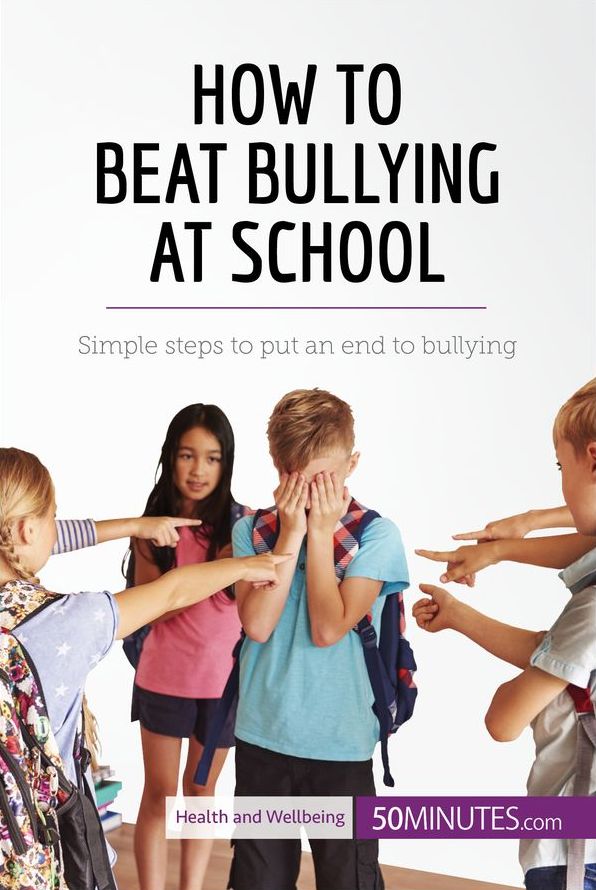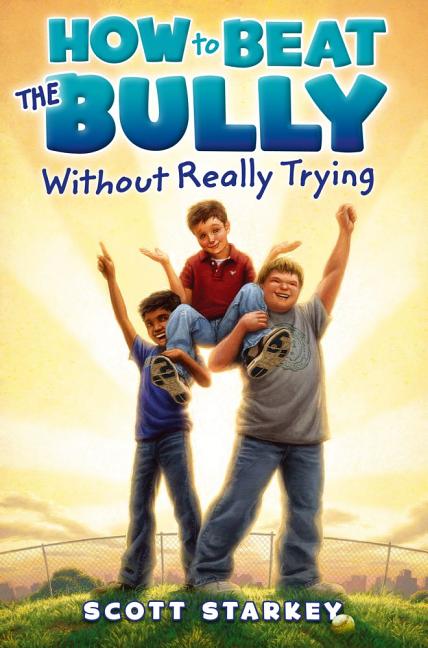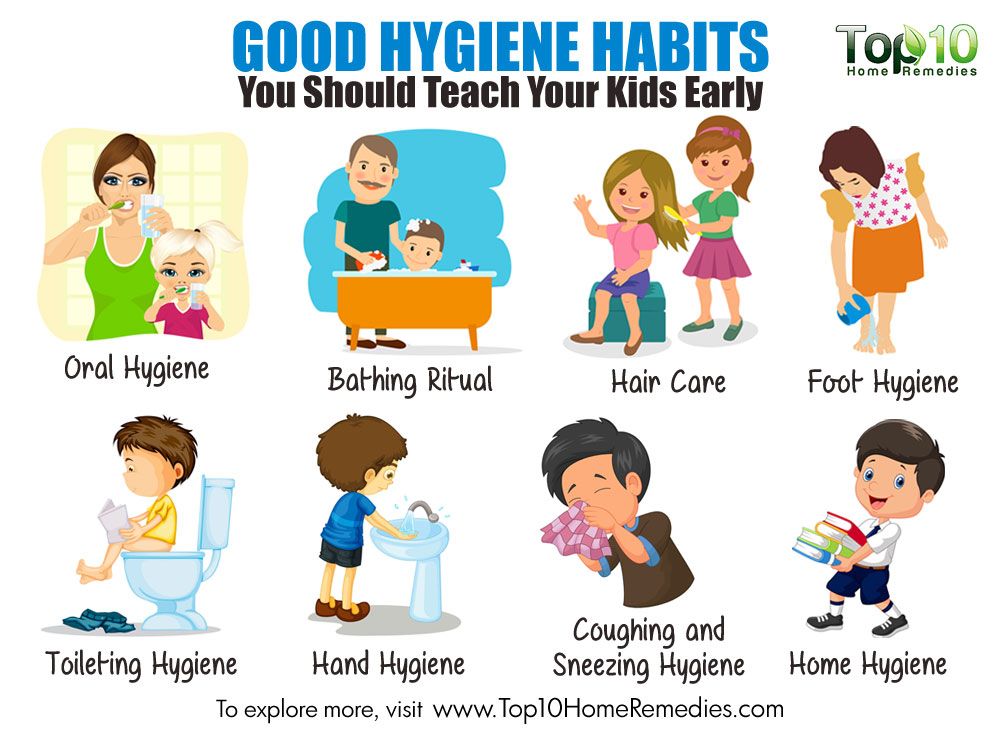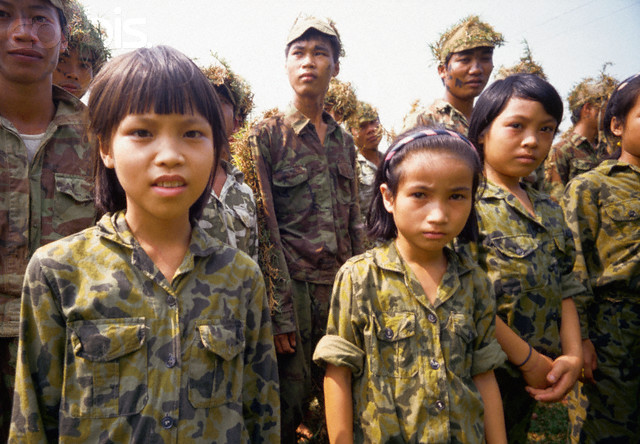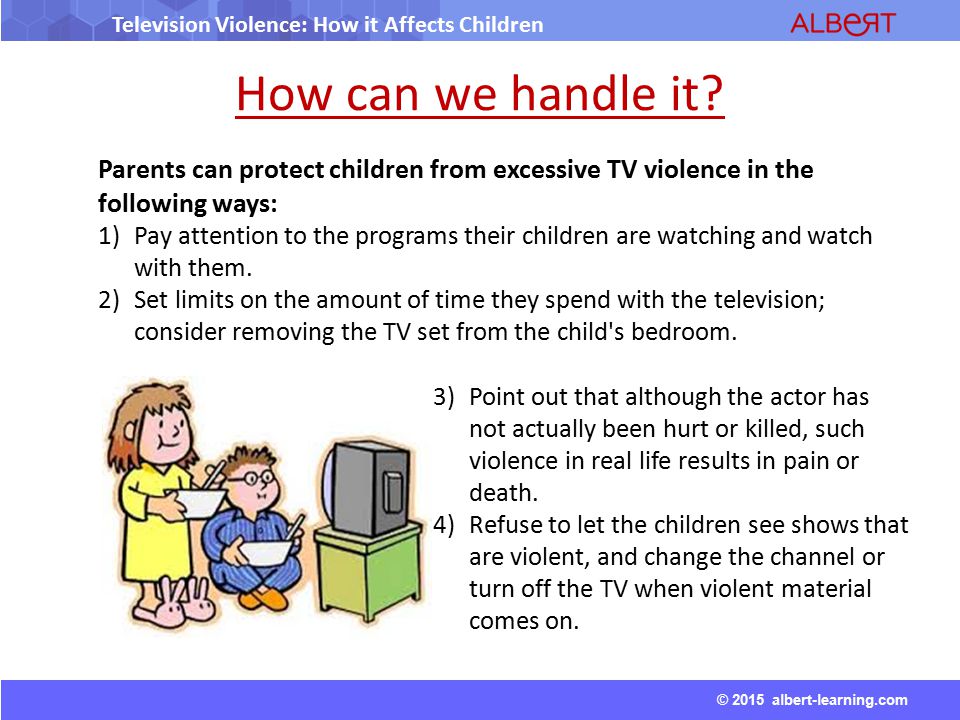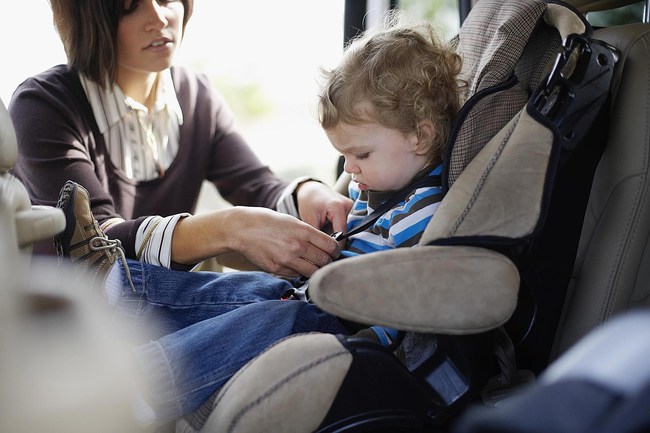How to beat your child without leaving marks
So, it is your legal right as a parent to hit your children provided that you don’t leave a tell-tale mark, bruising or blood. But is that RIGHT?
Like it? Share it!
Posted by: Sue Atkins
Corporal punishment in the 1890s. Picture: Hulton/Getty
Smacking
“It feels like someone banged you with a hammer.” (five-year-old girl)
“Sometimes if you smack, if it was an adult like my daddy, he can smack very hard … he can smack you like a stone … and you’ll cry.” (seven-year-old boy)
It Hurts You Inside: Children Talking About Smacking by Carolyne Willow and Tina Hyder (copyright National Children’s Bureau and Save the Children. Pause to PonderWe have made it illegal to smoke in cars carrying children as we protect them from smoking-related disease – but we have failed to protect them from physical attack by adults.
Where’s the sense in that?
Hitting children doesn’t work, but we are still reticent to talk about abuse and violence in the home.
A hundred years ago, people were allowed to hit their wives, their dogs and their children. It speaks to the values of our society that we are still arguing over whether it’s OK to hit children. In 20 years’ time people, I hope we will look back and say: ‘It’s bizarre this was allowed to happen.
Smacking children was banned in Sweden in 1979, a radical world first. Since then, many more countries have implemented laws against corporal punishment of children but the Law in the UK is unclear and refers to “justifiable assault” but it is illegal for children to be hit on the head, shaken or struck with an implement such as a belt.
So, it is your legal right as a parent to hit your children provided that you don’t leave a tell-tale mark, bruising or blood. Of course, no one is assessing the mental or emotional scars left behind by your actions but you don’t need to fret about that.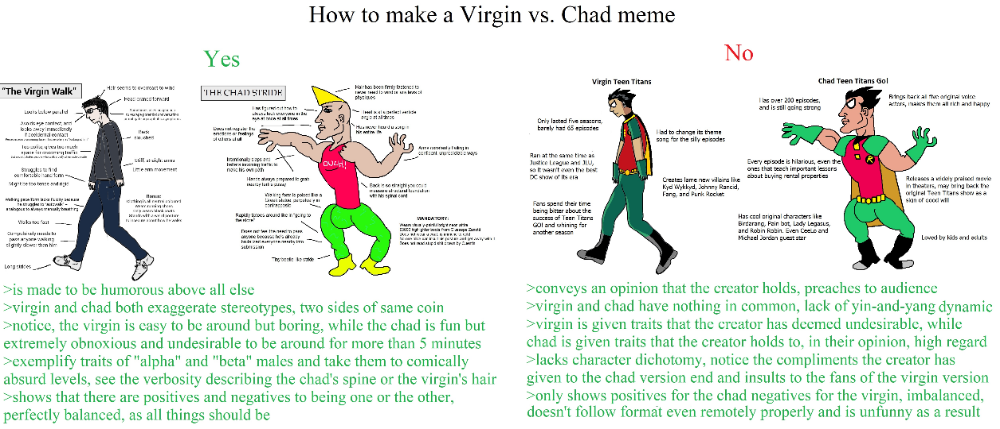
The indignity and humiliation of being struck by a larger person – especially someone who should be your protector – can have far reaching consequences. It damages trust between you, it damages your child’s self-esteem, your child may become afraid of you, they learn that making mistakes is not OK, they learn that’s it’s acceptable to hit another person if you are tired, angry, or not getting your own way, they learn that people don’t respect you enough to talk & teach you.
They may become traumatised & suffer long term mental health by being hit, smacked, shaken or tapped hard.
The UK is now one of only three European countries not to have outlawed the practice (Italy, Switzerland, the Czech Republic.)
Globally, the number of countries which have introduced a ban stands at 52. In 2014, the UN issued a high-profile rebuke to the UK nations for not complying with its Convention on the Rights of the Child.
People seem to think that a ‘little tap’ is OK but if you made a mistake at work and your boss hit you would you still feel the same way?
People use terms like it’s a “loving smack”. It sounds cuddly, cutesy & cosy. All in my child’s best interest. As if it won’t hurt much. But try hit, attack, or assault and that’s a bit more uncomfortable.
It sounds cuddly, cutesy & cosy. All in my child’s best interest. As if it won’t hurt much. But try hit, attack, or assault and that’s a bit more uncomfortable.
I asked Eammon Holmes on ITV ‘This Morning’ once ‘When do you start, when they’re babies? When do you stop? When they are 16 & taller and stronger than you, & say ‘That didn’t hurt?’
As a former Deputy Head and Class Teacher for 25 years if a child hit another child I would intervene and call that aggression and teach them a better way to handle their anger or frustration or temper.
So, what’s the difference with a parent feeling anger or frustration & learning to make better choices?
Getting the facts straight
Sweden was the first country to abolish spanking, slapping, smacking, pinching, hair-pulling, whipping, paddling – corporal punishment by any name, or means, and according to Staffan Janson, paediatrician and professor of public health in the Swedish city of Karlstad there is no evidence that the abolition of corporal punishment leads to higher crime rates.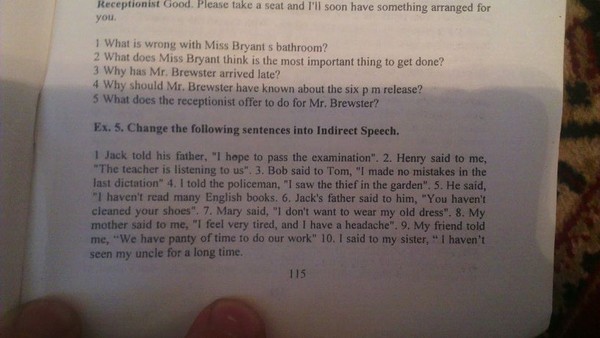 And parents are not jailed for a single spanking, just as adults are not imprisoned for slapping another adult once.
And parents are not jailed for a single spanking, just as adults are not imprisoned for slapping another adult once.
Research also shows that serious child abuse decreases when countries abolish corporal punishment.
In Ireland, where smacking is banned, there has been no increase in children going into care either. In fact, social workers have said it has made things easier and has improved relationships with parents because they no longer have to get into a moral debate over what is OK when it comes to hitting a child, they can just say: ‘It’s not acceptable, so let’s look at other strategies.”
‘Small children below the age of five or six lack the mental capacity to comprehend the reasons for a spanking’, Janson says. ‘Nor can they remember that reason from one time to another. In the absence of a ban, then, parents are tempted to use harsher and harsher means, which in a stressful situation may turn into brutal child abuse.’
What is the guidance of the National Society for the Prevention of Cruelty to Children (NSPCC)?Gives a bad example of how to handle strong emotions
May lead children to hit or bully others
May encourage children to lie or hide feelings to avoid smacking
It can make defiant behaviour worse, so discipline gets even harder
Leads to a resentful and angry child, damages family relationship if it continues for a long time.
The excuse is usually that parents hit their children out of good intentions, or that it is in their “best interests” but how can that be true?
What message does a child receive when the people that they love, trust & feel are there to protect them, strike them? These people are also bigger, taller & stronger than them.
What must a child feel?
Surely there are SO many other ways to discipline a child than to smack them.
It means that a parent has lost their ability to control themselves & lacks the parenting skills required to discipline a child without having to physically hurt them.
I’ve lost count of the times that I’ve heard the same old chestnut of ‘I was smacked as a child and it didn’t do me any harm’ – but are you sure?
I was struck only once between the legs with a very thin willow branch by my Mum when I was about 6 and I ran out of the house & down the road and was terrified that she’d do it again. I remember going under the sink cupboard to break the stick in half. I was an only child & a good little girl, keen to please and when my Dad came home that night he sat me down with my Mum, and broke the very thin willow branch in half and told me that it would NEVER be used again.
I remember going under the sink cupboard to break the stick in half. I was an only child & a good little girl, keen to please and when my Dad came home that night he sat me down with my Mum, and broke the very thin willow branch in half and told me that it would NEVER be used again.
My Mum was the eldest of 7 from Ireland and in those days, that’s probably how my grandad disciplined the kids way back then, that’s the trouble with parenting we tend to repeat what we know, unless we didn’t like it and we choose to do something else.
My Mum, of course, loved me to pieces but I still remember that day.
I believe that there are so many other ways to teach your child self-discipline, self-control, right from wrong and how to learn from mistakes, rather than shaking them, yelling aggressively at them or smacking them.
And yes, I know kids press our buttons, wind us up, get on our nerves and are disobedient.
Smacking doesn’t work.A study undertaken by researchers at the University of Texas at Austin and the University of Michigan, and published in the Journal of Family Psychology, analysing 50 years’ worth of research conducted on more than 160,000 children concluded “spanking” – defined as “hitting a child on their buttocks or extremities using an open hand” – was linked to 13 negative outcomes & had a long lasting impact into adulthood, including greater aggression, more antisocial behaviour, more mental health problems, poorer life skills, more negative relationships with parents, lower cognitive ability, and lower self-esteem.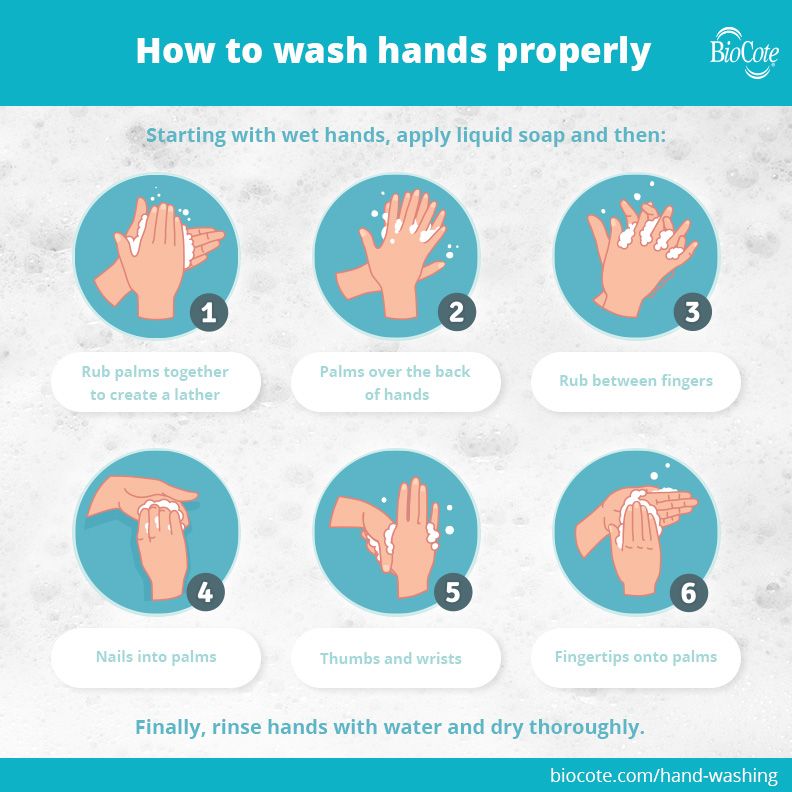
The researchers concluded: “Spanking children to correct misbehaviour is a widespread practice, yet one shrouded in debate about its effectiveness and even its appropriateness. The meta-analyses presented here found no evidence that spanking is associated with improved child behaviour and rather found spanking to be associated with increased risk of 13 developmental outcomes.
Parents who use spanking, practitioners who recommend it, and policymakers who allow it might reconsider doing so given that there is no evidence that spanking does any good for children and all evidence points to the risk of it doing harm.”
Another study of 33 US families with children aged between two and five found that in three-quarters of incidents, children who were spanked misbehaved again within ten minutes.
In 2015, academics commissioned by Scots charities to investigate 74 studies across the world, called for smacking to be outlawed after finding “compelling” evidence it creates a “vicious circle” of conflict and violence that carries on into adulthood.
Despite this, smacking bans continue to provoke controversy in some countries. Earlier this year, the government in France, where 85 per cent of parents are said to administer la fessée – a spanking – expanded the definition of parental authority in the Civil Code to include rejecting “all cruel, degrading and humiliating treatment, including all recourse to corporal violence”.
Research by UNICEF sadly records that around the world 80 per cent of children are subjected to some form of routine hitting or beating as a form of discipline.
The Nanny StateI also meet a lot of people who think the government shouldn’t be dabbling in telling parents how to bring up their kids. (But Governments legislate about public smoking, recycling, poor diet & mental health)
This is not about the Nanny State it’s about good practice and protecting children from harm. I don’t believe we should be punishing parents who are doing their best in difficult circumstances. I believe the aim is to clarify what is and isn’t good parenting, and accelerate a cultural shift away from smacking.
I believe the aim is to clarify what is and isn’t good parenting, and accelerate a cultural shift away from smacking.
Perhaps a ban would provide plans for additional parental support for those who are struggling to cope & need better ways to discipline their children & to help them to look at other ways of dealing with stressful moments.
A change in the law would make it easier for teachers, police, the public and others to explain to parents that hitting children is wrong and why.
At the moment, bad parenting can be made worse by the knowledge that the law supports it.
It is hard to parent with patience.Parenting is exhausting, challenging, tiring, frustrating, even boring at times (sitting in the Wacky Warehouse for an hour comes to mind!) But is also one of the MOST IMPORTANT jobs you will EVER do in your entire life. So, why anyone should be resistant to a law protecting our children and making the world a less aggressive place is baffling.
What good can really come from hitting, smacking & slapping your most precious thing – your children ?
Times are changing and it is more and more rare to see an adult slap a child on the street – because I always worry – if they are doing that in public – what are they doing in private? But in the same way that smoking in public has become less acceptable I look forward to a time when smacking is banned and it becomes unacceptable everywhere.
Like it? Share it!
Hi, I'm Sue Atkins
I will teach you my no-nonsense, simple techniques & give you hundreds of my expert parenting articles, videos & podcasts so you can get back to the business of having fun with your family!
As seen in:
What’s the Best Way to Discipline My Child?
Log in | Register
Family Life
Family Life
As a parent, one of your jobs to teach your child to behave. It's a job that takes time and patience. But, it helps to learn the effective and healthy discipline strategies.
It's a job that takes time and patience. But, it helps to learn the effective and healthy discipline strategies.
Here are some tips from the American Academy of Pediatrics (AAP) on the best ways to help your child learn acceptable behavior as they grow.
10 healthy discipline strategies that work
The AAP recommends positive discipline strategies that effectively teach children to manage their behavior and keep them from harm while promoting healthy development. These include:
Show and tell. Teach children right from wrong with calm words and actions. Model behaviors you would like to see in your children.
Set limits. Have clear and consistent rules your children can follow. Be sure to explain these rules in age-appropriate terms they can understand.
Give consequences. Calmly and firmly explain the consequences if they don't behave.
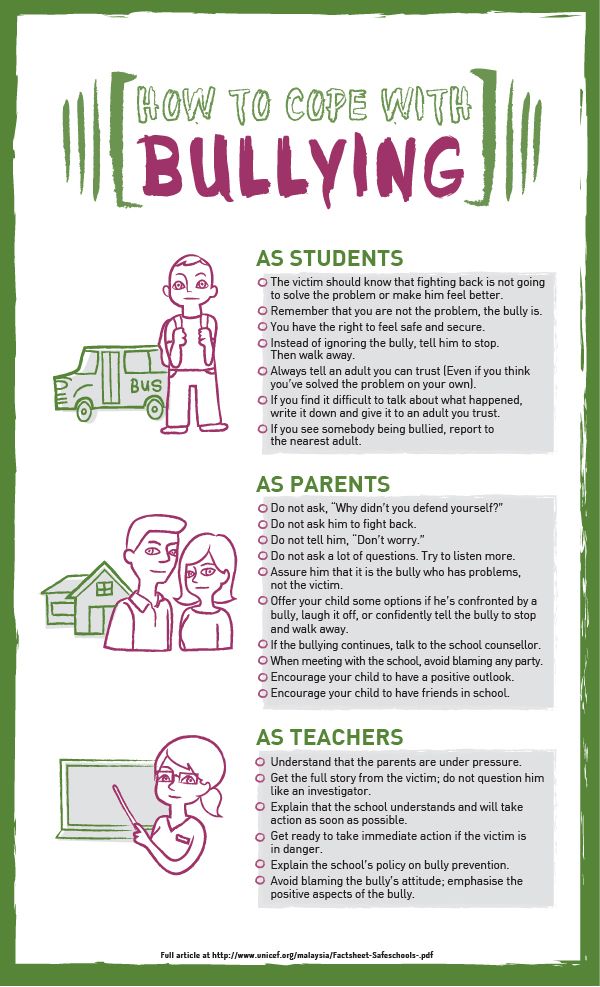 For example, tell her that if she does not pick up her toys, you will put them away for the rest of the day. Be prepared to follow through right away. Don't give in by giving them back after a few minutes. But remember, never take away something your child truly needs, such as a meal.
For example, tell her that if she does not pick up her toys, you will put them away for the rest of the day. Be prepared to follow through right away. Don't give in by giving them back after a few minutes. But remember, never take away something your child truly needs, such as a meal.Hear them out. Listening is important. Let your child finish the story before helping solve the problem. Watch for times when misbehavior has a pattern, like if your child is feeling jealous. Talk with your child about this rather than just giving consequences.
Give them your attention. The most powerful tool for effective discipline is attention—to reinforce good behaviors and discourage others. Remember, all children want their parent's attention.
Catch them being good. Children need to know when they do something bad--and when they do something good. Notice good behavior and point it out, praising success and good tries.
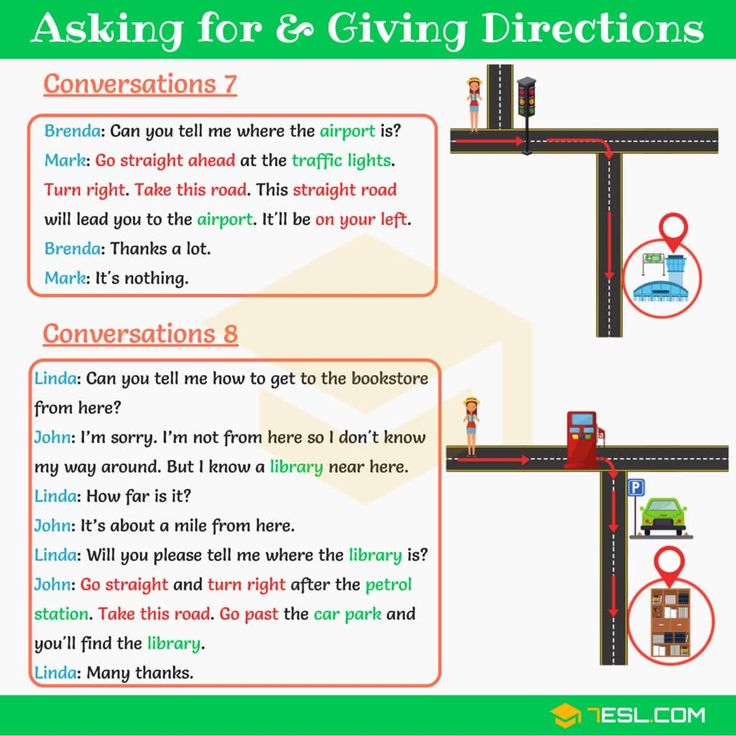 Be specific (for example,
"Wow, you did a good job putting that toy away!").
Be specific (for example,
"Wow, you did a good job putting that toy away!"). Know when not to respond. As long as your child isn't doing something dangerous and gets plenty of attention for good behavior, ignoring bad behavior can be an effective way of stopping it. Ignoring bad behavior can also teach children natural consequences of their actions. For example, if your child keeps dropping her cookies on purpose, she will soon have no more cookies left to eat. If she throws and breaks her toy, she will not be able to play with it. It will not be long before she learns not to drop her cookies and to play carefully with her toys.
Be prepared for trouble. Plan ahead for situations when your child might have trouble behaving. Prepare them for upcoming activities and how you want them to behave.
Redirect bad behavior. Sometimes children misbehave because they are bored or don't know any better.
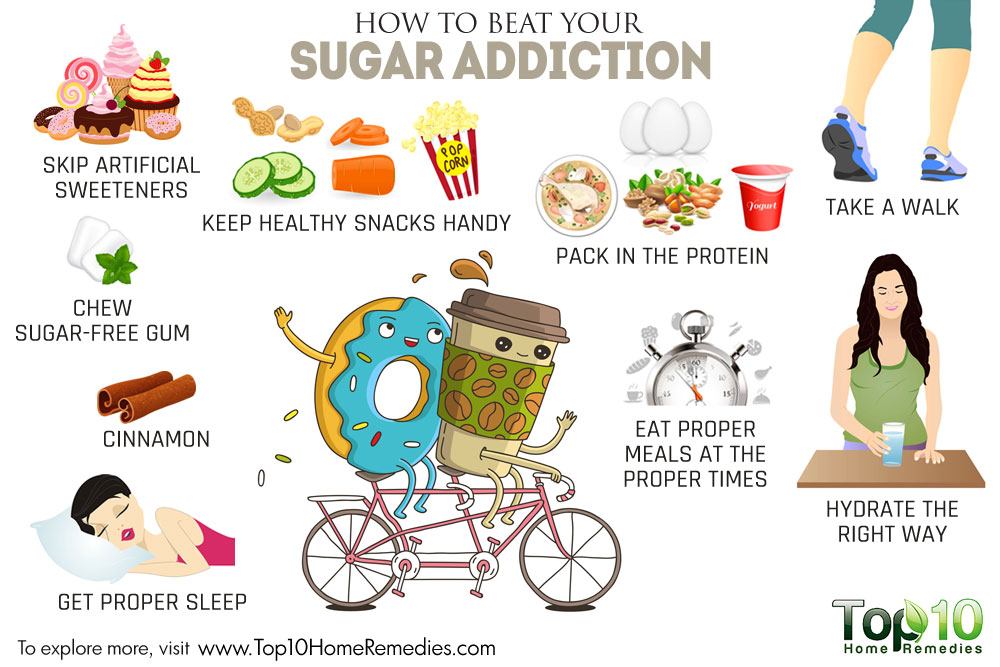 Find something else for your child to do.
Find something else for your child to do.Call a time-out. A time-out can be especially useful when a specific rule is broken. This discipline tool works best by warning children they will get a time out if they don't stop, reminding them what they did wrong in as few words―and with as little emotion―as possible, and removing them from the situation for a pre-set length of time (1 minute per year of age is a good rule of thumb). With children who are at least 3 years old, you can try letting their children lead their own time-out instead of setting a timer. You can just say, "Go to time out and come back when you feel ready and in control." This strategy, which can help the child learn and practice self-management skills, also works well for older children and teens.
Spanking and harsh words are harmful and don't work. Here's why:
The AAP policy statement, "Effective Discipline to Raise Healthy Children," highlights why it's important to focus on teaching good behavior rather than punishing bad behavior.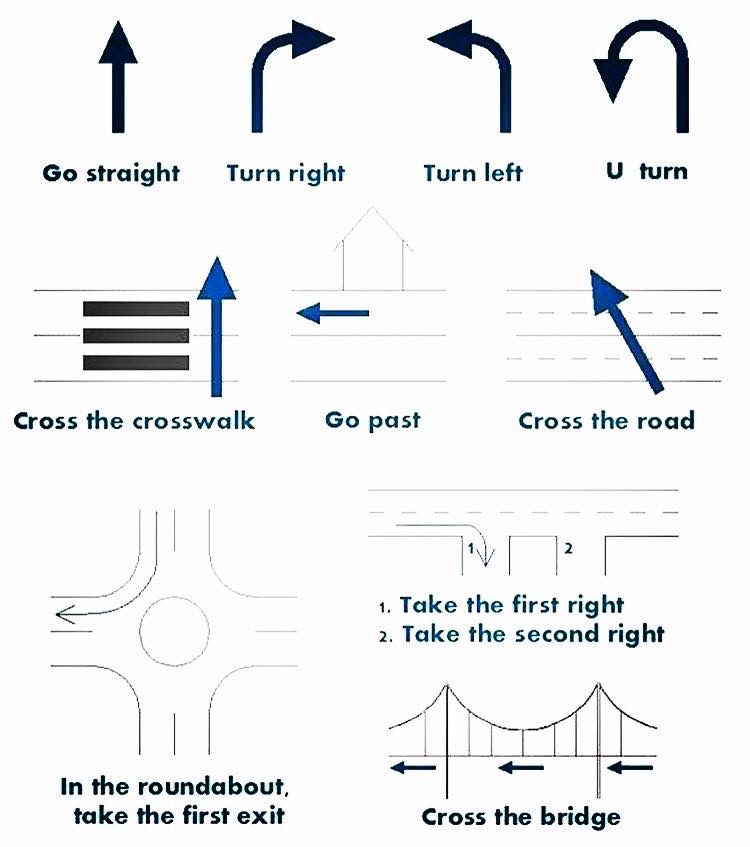 Research shows that spanking, slapping and other forms of physical punishment don't work well to correct a child's behavior. The same holds true for yelling at or shaming a child. Beyond being ineffective, harsh physical and verbal punishments can also damage a child's long-term physical and mental health.
Research shows that spanking, slapping and other forms of physical punishment don't work well to correct a child's behavior. The same holds true for yelling at or shaming a child. Beyond being ineffective, harsh physical and verbal punishments can also damage a child's long-term physical and mental health.
- Spanking's unhealthy cycle. The AAP advises that parents and caregivers should not spank or hit children. Instead of teaching responsibility and self-control, spanking often increases aggression and anger in children. A
study of children born in 20 large U.S. cities found that families who used physical punishment got caught in a negative cycle: the more children were spanked, the more they later misbehaved, which prompted more spankings in response. Spanking's effects may also be felt beyond the parent-child relationship. Because it teaches that causing someone pain is OK if you're frustrated—even with those you love. Children who are spanked may be more likely to hit others when they don't get what they want.

- Lasting marks. Physical punishment increases the risk of injury, especially in children under 18 months of age, and may leave other measurable marks on the brain and body. Children who are spanked show higher levels of hormones tied to toxic stress. Physical punishment may also affect brain development. One study found that young adults who were spanked repeatedly had less gray matter, the part of the brain involved with self-control, and performed lower on IQ tests as young adults than the control group.
- Verbal abuse: How words hurt. Yelling at children and using words to cause emotional pain or shame also has been found to be ineffective and harmful. Harsh verbal discipline, even by parents who are otherwise warm and loving, can lead to more misbehavior and mental health problems in children.
Research shows that harsh verbal discipline, which becomes more common as children get older, may lead to more behavior problems and symptoms of depression in teens.

Learn from mistakes—including your own
Remember that, as a parent, you can give yourself a time out if you feel out of control. Just make sure your child is in a safe place, and then give yourself a few minutes to take a few deep breaths, relax or call a friend. When you are feeling better, go back to your child, hug each other, and start over.
If you do not handle a situation well the first time, try not to worry about it. Think about what you could have done differently and try to do it the next time. If you feel you have made a real mistake in the heat of the moment, wait to cool down, apologize to your child, and explain how you will handle the situation in the future. Be sure to keep your promise. This gives your child a good model of how to recover from mistakes.
Healthy & effective discipline tips by age/stage
Infants |
|
|---|---|
Toddlers |
|
Preschool Age |
|
Gradeschool-Age Children |
|
Adolescents & Teens |
|
More information
- 15 Tips to Survive the Terrible 3's
- How to Shape and Manage Your Young Child's Behavior
- Disciplining Older Children
- How to Give a Time-Out
- Effective Discipline to Raise Healthy Children (AAP Policy Statement)
- Last Updated
- 11/5/2018
- Source
- American Academy of Pediatrics (Copyright © 2018)
The information contained on this Web site should not be used as a substitute for the medical care and advice of your pediatrician. There may be variations in treatment that your pediatrician may recommend based on individual facts and circumstances.
There may be variations in treatment that your pediatrician may recommend based on individual facts and circumstances.
How NOT to hit your child
Video Psychology for adoptive parents
Sometimes the behavior of a child can cause very strong feelings in a parent. Emotions run high, especially if mom or dad is tired, not feeling well, or already irritated due to other circumstances.
The child does not obey, does not understand words. What to do? Hit and stop this horrible behavior? Or still not beat your child?
Psychologist Svetlana Kachmar talks about the negative feelings of parents during adaptation to a foster child and how to avoid physical abuse of children.
Please stop!
Research shows that children who were physically punished as children grow up to be more aggressive and, as adults, are more likely to hit their own children. Violence experienced in childhood becomes a problem in building one's own family relationships.
Violence experienced in childhood becomes a problem in building one's own family relationships.
SPECIALIST'S COMMENT:
Anton Alekseevich Zharov, lawyer, specialist in family lawLet me, a forty-three-year-old man, come up to you and ... hit my butt with my hand. What do you say? Most likely (if it doesn’t hurt), twist your finger at your temple, and if it hurts, call the police. So?
Exactly the same words I answer to everyone who comes with a story about having been whipped (walked away with a slipper, slapped, gave a cuff, unfastened with a “thin strap”, taught a lesson on the buttocks, “couldn’t restrain myself on the ass” - with what only words not called ...) child. If we speak in the language of the law, the name is the same: "beat".
If, as a result of a physical action of one person, another becomes sick, this is called the word "beating" and, depending on a number of factors, can be regarded as a criminal or administratively punishable act.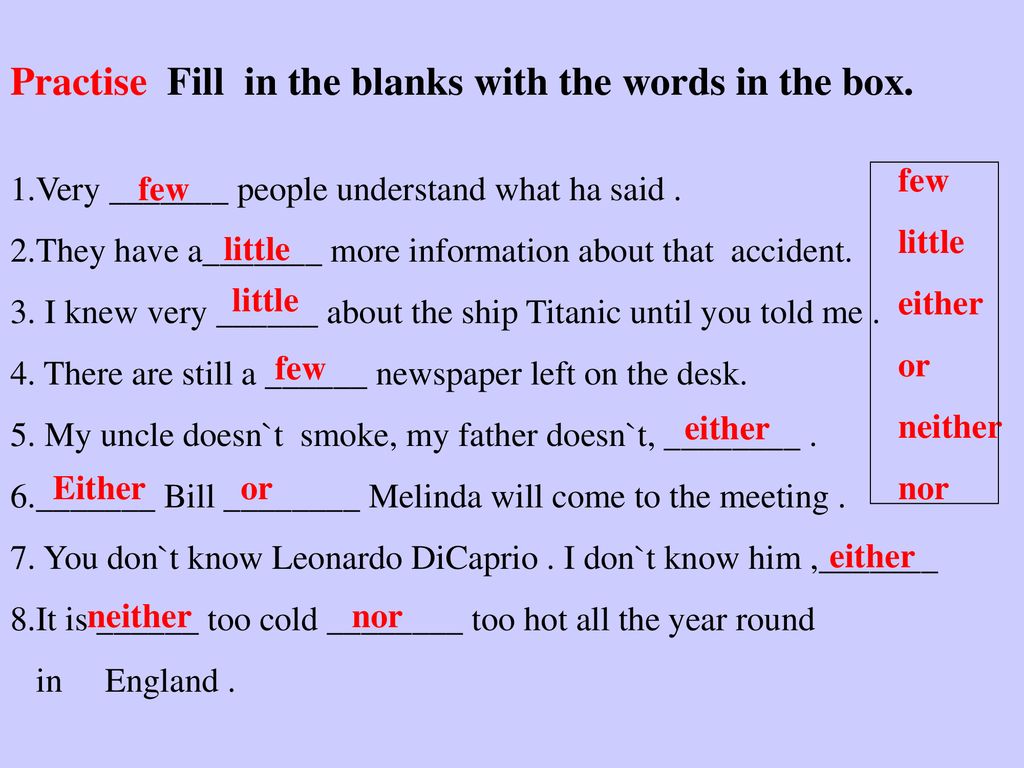
For a beating to become a beating, it is enough that there is pain. There may not be any traces, fractures, bruises, abrasions, bruises, but if there is pain, the act is illegal. It doesn't matter what kind of person was hurt: small, big, old, infirm, or some other person - pain is pain. And if she was, it's a crime.
Yes, in case you haven't guessed by now, whipping your own child can be punishable.
If you “fight” for the first time this year, then, in the absence of fractures and similar “violations of the anatomical integrity of the body”, your actions will most likely be qualified under article 6.1.1 of the Code of Administrative Offenses of the Russian Federation. Having received information (not necessarily a statement from the victim) that such an offense has been committed, the police officer has no other options but to initiate an administrative offense case (of course, after checking whether the fact of the beating itself took place - by interviewing the participants, including children ).
The case is then referred to the magistrate, who reviews it and assigns punishment.
In order for the case to be initiated, it is enough to report witnesses, or a message from the school, from the guardianship authority, from anywhere, that the child, for example, has bruises. Of course, if there is a bruise on the pope, the first thing you think is that the child was beaten. And here we must still be sympathetic to the “vigilance” of both the guardianship authority, and the school, and doctors, and in general those around us. It is you who are a wonderful parent, and the marks on the priest are from an unsuccessfully flown swing. But what about not your child, but someone else, who is beaten daily, and it’s scary to talk about it. Should such a child also not notice abrasions below the back?
Of course, a more reverent parent, having discovered that the ride on the hill was not in vain and without bruises, will leave the child at home for a few days so that no questions arise.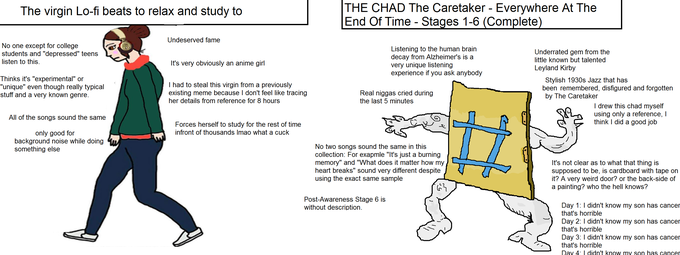 Well, if there are no options, go right away with a story about a swing-slide or a cat-scratch, so that the discovered traces of friendship between a person and an animal do not cause unnecessary vigilance in the kindergarten teacher.
Well, if there are no options, go right away with a story about a swing-slide or a cat-scratch, so that the discovered traces of friendship between a person and an animal do not cause unnecessary vigilance in the kindergarten teacher.
And, of course, it's stupid to repeat it somehow in the 21st century, but I will repeat: you can't beat children. None (their own too), never (“for the cause” too). This is punishable. Just like beating any other people.
And, of course, it is impossible to answer the question “how to continue to beat children and never get caught”: if you violate the code, you are welcome to answer.
To beat or not to beat a child. Child psychology. Advice for moms.
Dear readers, as you already understood, this article will focus on the upbringing of children, and more specifically, on such a form as corporal punishment.
The analogy I made with Hamlet's monologue in the title is rather a kind of irony, designed to excite your mind and laugh at the very absurdity of the question posed in this way.
Recently, surfing the Internet on psychological topics, I increasingly come across articles devoted to just this issue. And you know what? Each time I am more and more horrified by reading such materials. If you are not aware of this topic, then I will “reveal your cards” a bit: enter a query on the topic of corporal punishment of children into any search engine and you will immediately see hundreds of articles. And, worst of all, they write them, ostensibly from a psychological point of view and ostensibly in such a way as not to harm your child.
However, the reality is that in these articles you can find detailed descriptions and advice on the use of corporal punishment for your hopefully beloved children.
For example, with what frequency and force it is worth flogging a child, what is the best way to do it (so that it hurts and leaves no traces), who should do it, and also what positive (!) Effects such manipulations have on a small person.
More and more often I ask myself: do the majority of Russian-speaking parents on Earth really consider this method of education useful and correct? Even more horror arises in my mind when I think that every adult parent with whom I communicate in their free time gets up with their child, God knows what!
I will immediately state my attitude to this issue. Although I do not have my own children, and I do not fully feel all the hardships of parental life, I am categorically against corporal punishment of children in any form, circumstance and for any offense! Now, probably, the "advanced" monster parents sitting at the computer and reading this article are thinking: “Yes, of course! She's easy to talk to! She has no children of her own. She doesn't know how difficult it can be!" I assure you, I know. I know because I have many close people who have children, and who, from time to time, although on my initiative, are nevertheless “dumped” onto me. I am convinced that there are much more productive methods of education that do not harm the health and psyche of the child, and as a result of which you will not spoil your relationship with your child. Yes, yes, it only seems that he beat the child in the evening, and in the morning he is already climbing to hug you and everything is fine. I assure you, it is now, while he is still small.
Although I do not have my own children, and I do not fully feel all the hardships of parental life, I am categorically against corporal punishment of children in any form, circumstance and for any offense! Now, probably, the "advanced" monster parents sitting at the computer and reading this article are thinking: “Yes, of course! She's easy to talk to! She has no children of her own. She doesn't know how difficult it can be!" I assure you, I know. I know because I have many close people who have children, and who, from time to time, although on my initiative, are nevertheless “dumped” onto me. I am convinced that there are much more productive methods of education that do not harm the health and psyche of the child, and as a result of which you will not spoil your relationship with your child. Yes, yes, it only seems that he beat the child in the evening, and in the morning he is already climbing to hug you and everything is fine. I assure you, it is now, while he is still small. And all these terrible episodes remain and accumulate in the subconscious and sooner or later will make themselves felt. And you, dear parents, champions of brutal methods of education, will have to “disentangle this mess”.
And all these terrible episodes remain and accumulate in the subconscious and sooner or later will make themselves felt. And you, dear parents, champions of brutal methods of education, will have to “disentangle this mess”.
I can go on and on about this subject, but I know that it will get you nowhere without concrete facts or examples.
And so, if you still find this method of education acceptable, and perhaps even practice it, I will try to convince you.
Parents who use these methods usually justify their behavior with patterns. Let's name some of them:
- “My parents raised me this way and I grew up to be a sane person. And that's how I'll raise my child."
- “I would like not to resort to corporal punishment, but with my child it is impossible, believe me!”
- “I don't just beat the child - I teach him in this way. And someday he will be grateful to me for it.
And now let's sort it out in order. I understand that I did not give all such excuses here. Yes, I consider them excuses! If you set out to bring them all to a single one, then more than a dozen sheets of paper and more than one sleepless night will go away.
Yes, I consider them excuses! If you set out to bring them all to a single one, then more than a dozen sheets of paper and more than one sleepless night will go away.
Let's start with excuse number 1. “My parents raised me this way and I grew up to be a sane person. And that's how I'll raise my child."
Let's say you are a middle-aged man with a child. We are now in 2016. So you were born around the 70-80s. I agree that at that difficult time, and even with the complete absence of teachings on the humane upbringing of children, almost everyone was beaten in childhood. It is a fact. But I suggest that you also remember that it was these children who grew up, later, at 9In the 0s, they were fully engaged in banditry and robbery. I agree, not all! Let's look at the statistics then. She certainly won't lie, right? You, as a middle-aged person, act as a subject from the main sample of people interviewed in this kind of research. This is also a fact.
And so, in the CIS countries, 70-75% of adult citizens suffer from nicotine addiction. Alcohol consumption per capita in the CIS countries ranges from 15 to 20 liters per year. And that's just per capita! In fact, every 15-20 liters is drunk by one adult “sane” person every year. Unfortunately, I did not find exact statistics on the percentage of alcohol addiction on the Internet. But with the statistics of drunk liters, we can safely assume that more than half of the entire population of the countries of the former USSR is engaged in regular alcoholic libations. And it's no secret that the CIS countries are also breaking records in terms of crime and drug addiction. So answer my question, those same children of the 70s and 80s who are regularly beaten by their parents: do you really consider yourself normal and sane? After all, it was your generation that was now given in the statistics. It is your generation that is doing all this lewdness. And even if you, dear reader, at 90 years lived quietly and peacefully, and now you don’t drink, don’t smoke, don’t use drugs and don’t engage in various kinds of violations of the law, then I also have a question in store for you: do you really have no resentment against your parents for such actions in past? I deeply respect those people who know how to forgive and have forgiven. But how much effort and time it took them to do this - only they know. And how much time will it take for your children and will they forgive you at all?
But how much effort and time it took them to do this - only they know. And how much time will it take for your children and will they forgive you at all?
Excuse #2. "I wish I didn't resort to corporal punishment, but with my child it's impossible, believe me!"
I hear this excuse very often. During the conduct of their consultations or banal inadvertent eavesdropping on other people's conversations in public transport, for example. So, with full confidence I can call it one of the most common.
And whenever I hear something like: “I would like not to hit a child, but it is impossible with my child,” I always want to ask a response question: “Have you tried it?”
I also want to separately note that here I am not talking about children under 2-3 years old, because due to their age, their brain has not yet matured to realize that “this is possible, but this is not possible.” And in these cases, all the more, one should not resort to corporal punishment - after all, the child will not even understand why he is being punished! And in general, any other punishments (not of a physical nature) are almost useless here. This period, in my opinion, you just need to calmly wait out, knowing that it will soon pass. Also, babies should be protected from danger by first removing all dangerous stimuli and objects. In the case when a child begins to misbehave or “hysteria”, some experts advise at this moment to hug the child tightly: in this way, he will feel that he is loved and will not be able to “break out” and harm himself or others.
This period, in my opinion, you just need to calmly wait out, knowing that it will soon pass. Also, babies should be protected from danger by first removing all dangerous stimuli and objects. In the case when a child begins to misbehave or “hysteria”, some experts advise at this moment to hug the child tightly: in this way, he will feel that he is loved and will not be able to “break out” and harm himself or others.
Let's talk about all other cases in more detail.
Have you really tried not to? And here I do not mean banal ignoring the bad behavior of the child. Just the opposite! Have you tried not to grab the belt, having learned about any offense, but to talk with the child and explain why this should not be done? Have you tried to tell your child that you are very upset by his behavior and you would like him not to act in such a way again? Have you tried, as a last resort, other types of punishment? Let's say an unpurchased extra toy or an undelivered gift as a punishment for a certain incident? Children should convey wishes in short phrases, no more than three sentences, for example, “You broke a vase. I need money to buy a new one. So I won’t be able to buy you toys for a week.” So the punishment does not look like parental arbitrariness and allows the child to learn to evaluate their actions and build a logical chain of events.
I need money to buy a new one. So I won’t be able to buy you toys for a week.” So the punishment does not look like parental arbitrariness and allows the child to learn to evaluate their actions and build a logical chain of events.
And if you answer me, and most likely it will be so, that: “Yes, we tried, but it doesn’t help,” I will tell you the following: “Who told you that from the first or even from the tenth time the data methods will work? After all, that's why he is a child, to learn something gradually, and not like a computer: he “drives in” the necessary code once - and forever.
Moreover, you need to keep in mind that children who are regularly punished, especially physically, stop responding to other forms of interaction, that is, if you still decide to improve, you will be faced with the fact that the child is already no matter what nothing else reacts except force. Thus, you, the parent, will have to put in twice as much time and effort until the child begins to listen to verbal wishes or other methods of punishment.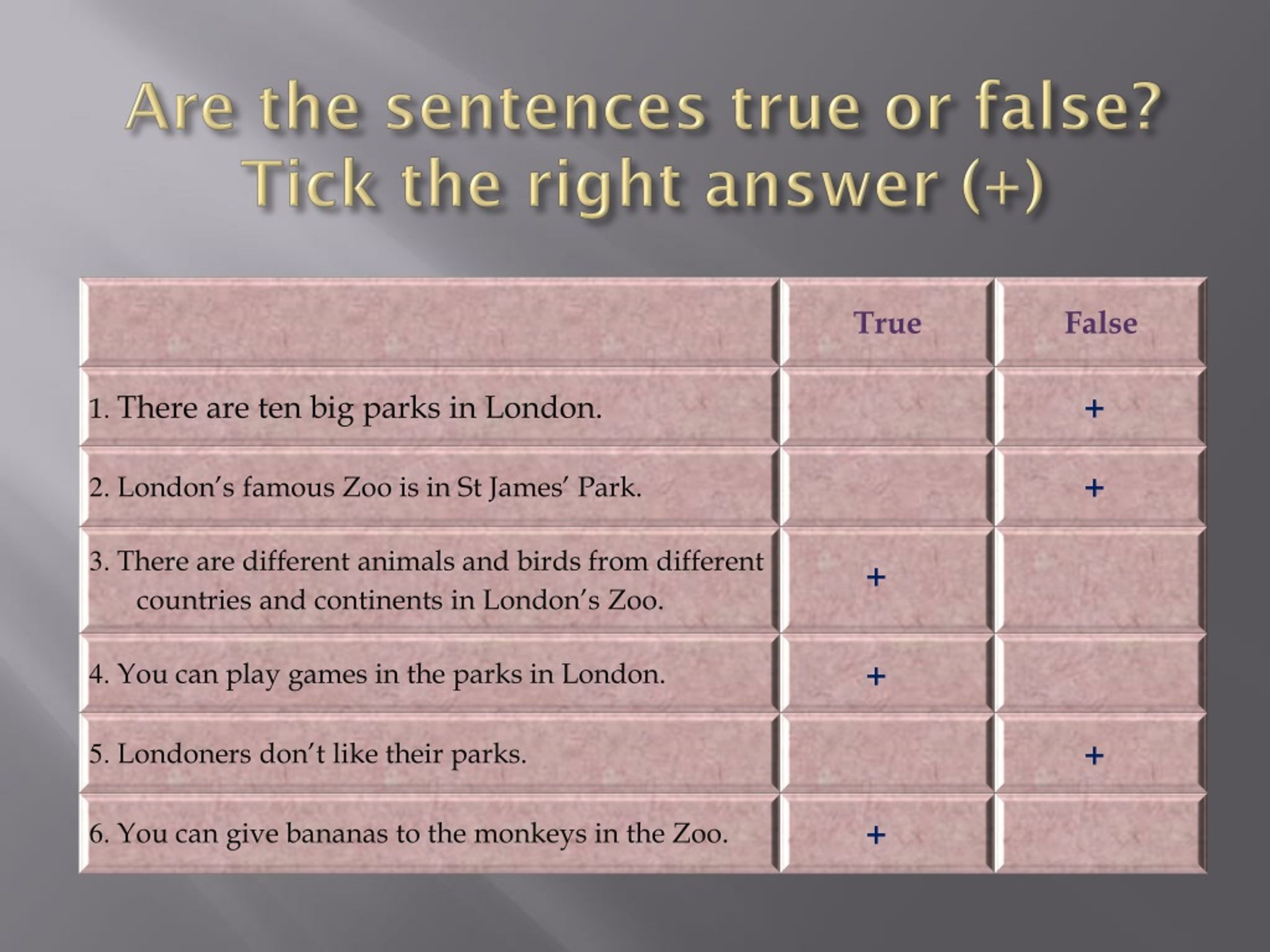 Of course, it’s easier to take a belt or something else and, having blown off steam, with a sense of accomplishment and a slight but pleasant fatigue in the whole body, like after fitness, go to sleep, leaving your child to shed tears alone. But think about it, who will benefit from this in the end?
Of course, it’s easier to take a belt or something else and, having blown off steam, with a sense of accomplishment and a slight but pleasant fatigue in the whole body, like after fitness, go to sleep, leaving your child to shed tears alone. But think about it, who will benefit from this in the end?
Excuse #3. “I don't just beat a child, I teach him that way. And someday he will be grateful to me for it.
If you really think that by beating a child you put some concepts and norms of behavior into his head - you are not only insane, but also suffer from an extreme degree of stupidity, forgive me for my harshness.
Imagine the scene: you are a small child. Growth is somewhere around 120-130 centimeters and weighs, well, a maximum of 40 kilograms. Suddenly, for some Skoda fault, which you, perhaps, don’t even consider a fault, due to simple ignorance, a huge uncle or aunt grabs you by the hand (and even if it will be your parents) and drag you to “reprisal”.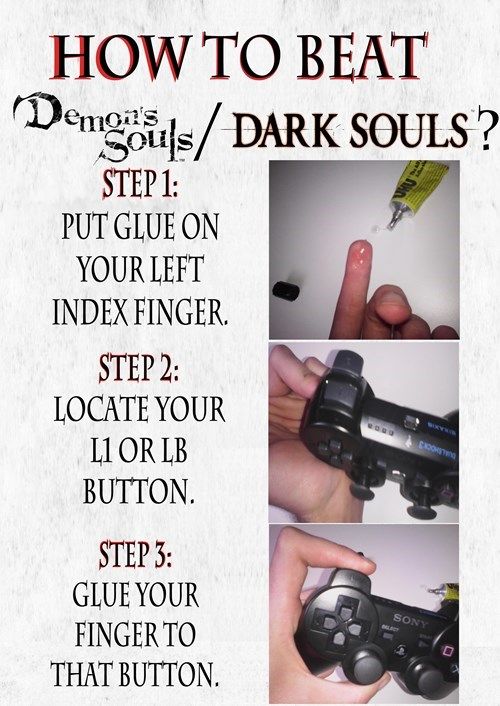 In one hand they have you, and in the other - an instrument of revenge. The billing process has begun. And even if you know why they are bringing you together, please rate your stress level on a 10-point scale at that very moment. Where 10 is the extreme degree of stress. Likely 99.9% of you will give it a 10, right?
In one hand they have you, and in the other - an instrument of revenge. The billing process has begun. And even if you know why they are bringing you together, please rate your stress level on a 10-point scale at that very moment. Where 10 is the extreme degree of stress. Likely 99.9% of you will give it a 10, right?
And now turn on your logic and memory, dear parents. Think back to your school and student years. When did you learn the material better: when you were afraid to get a deuce or when you just calmly listened to the teacher? Fast forward now to your student life. Think about when you did better in exams: when you were afraid to lose your scholarship, or when you calmly and systematically prepared and answered the questions of the teacher?
Can you conclude from the above examples? I can: not a single person in this world is able to study productively or work in a state of stress and excessive tension . And all our fears, and especially the fears experienced by children at the time of corporal punishment, are a huge stress. So will you teach your child anything by grabbing the belt?
So will you teach your child anything by grabbing the belt?
Conclusions:
In my opinion, the use of corporal punishment on children is only harmful, not beneficial. I hope I was able to convince you of this as well.
By doing so, you are not only harming your child's physical health, but also the mental, psychological and emotional health of your child. Not to mention the fact that such children (and then adults) do not know how to accept encouragement and praise; “I'm not good enough”, “I'm not all right” - this is tightly “hammered” into them.
In this article, you could clearly see the ineffectiveness of corporal punishment and that by using it you will not get anything from your child and will not teach him anything. No! I'm lying! Teach! Teach: to solve all conflicts only by force, to be afraid and not to trust not only the whole world and all people, but even you. And we also discussed with you the fact that there are many alternative, humane methods of education, which, of course, require patience.
